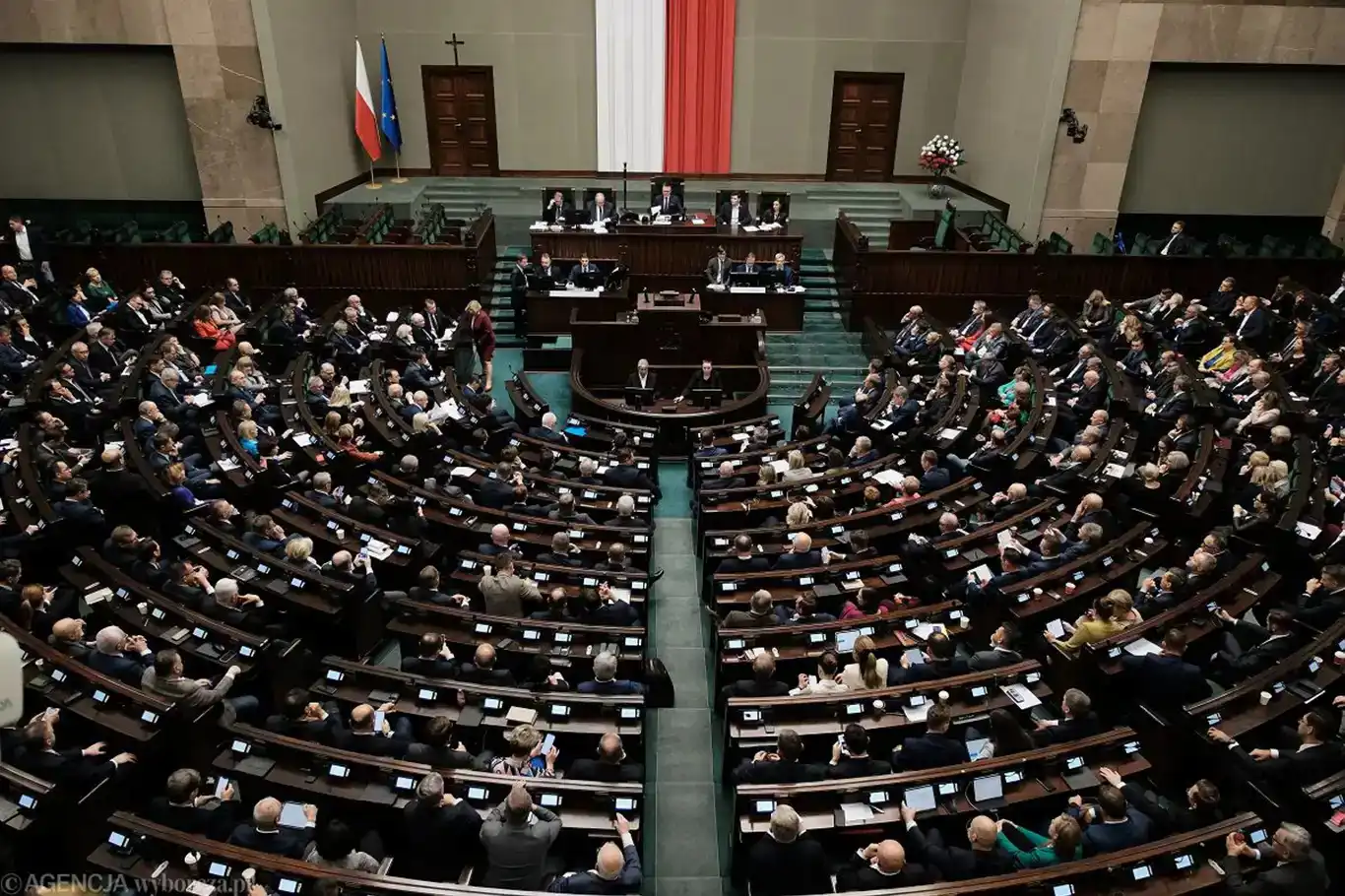Polish PM Tusk secures parliamentary backing amid presidential tensions


Polish Prime Minister Donald Tusk secured a vote of confidence in his pro-European Union coalition government on Wednesday, as 243 members of parliament voted in favor and 210 against in the Sejm, Poland’s lower house.
The result, which required a simple majority of votes with at least half of the 460 MPs present, was widely expected given that Tusk’s coalition holds a 12-seat majority.
The vote came on the heels of a narrow but symbolic defeat for Tusk’s camp in the recent presidential election, where opposition-backed candidate Karol Nawrocki, supported by the conservative Law and Justice (PiS) party, claimed victory. Although the vote of confidence was largely procedural, many viewed it as a political maneuver by Tusk to reaffirm his coalition’s mandate amid a changing political landscape.
In a speech to lawmakers, Tusk acknowledged the challenges posed by Nawrocki’s presidency. The incoming president, known for his conservative views and opposition to a federal Europe as well as Ukraine’s NATO and EU membership, is expected to frequently use his veto power—just as outgoing President Andrzej Duda did during his term.
With Nawrocki in office, Tusk’s coalition faces significant legislative roadblocks, lacking the three-fifths parliamentary supermajority needed to override presidential vetoes. This limitation threatens key policy pledges such as legalizing abortion up to the 12th week and restoring judicial independence by reversing PiS-era reforms. The latter issue had previously led the European Commission to withhold EU funds, which were only unlocked after Tusk’s government promised to roll back controversial judiciary changes.
Despite these obstacles, Tusk touted his government’s achievements in areas such as defense and migration policy. He highlighted a newly signed bilateral defense treaty with France as proof of Poland’s re-emergence as a key European player. Using a sports analogy, Tusk compared his government's resilience to that of Polish tennis star Iga Świątek, despite her recent failure to secure a fourth consecutive French Open title.
Tusk also announced plans for a cabinet reshuffle in July and called on his coalition partners for “full mobilization and responsibility” over the next two and a half years.
However, notable tensions within the coalition surfaced during the address. Tusk made no mention of abortion law reform, a core issue for his more progressive allies, indicating ongoing friction within the government bloc. While his coalition lawmakers gave him a standing ovation, benches on the opposition side—particularly PiS MPs—remained conspicuously empty.
As Karol Nawrocki prepares to assume the presidency, Poland enters a new phase of political cohabitation. Tusk’s government now faces the complex challenge of navigating its legislative agenda in a divided political environment where presidential vetoes may become a defining obstacle. (ILKHA)
LEGAL WARNING: All rights of the published news, photos and videos are reserved by İlke Haber Ajansı Basın Yayın San. Trade A.Ş. Under no circumstances can all or part of the news, photos and videos be used without a written contract or subscription.
The Islamic Republic of Iran continues to reel from the deadly Israeli bombardment that has targeted multiple cities across the country.
Thousands of residents in Diyarbakır rallied on Sunday in a powerful show of solidarity with Palestinians in Gaza, joining the Global Gaza March organized by the Prophet’s Lovers Foundation.
Iran’s Armed Forces conducted precise missile strikes on Haifa, a major industrial and port city in northern Israel, in retaliation for recent Israeli attacks on Iranian infrastructure.
Iranian President Masoud Pezeshkian has issued a stern warning to the Israeli regime, pledging more “severe and decisive” retaliation if attacks on Iran persist.